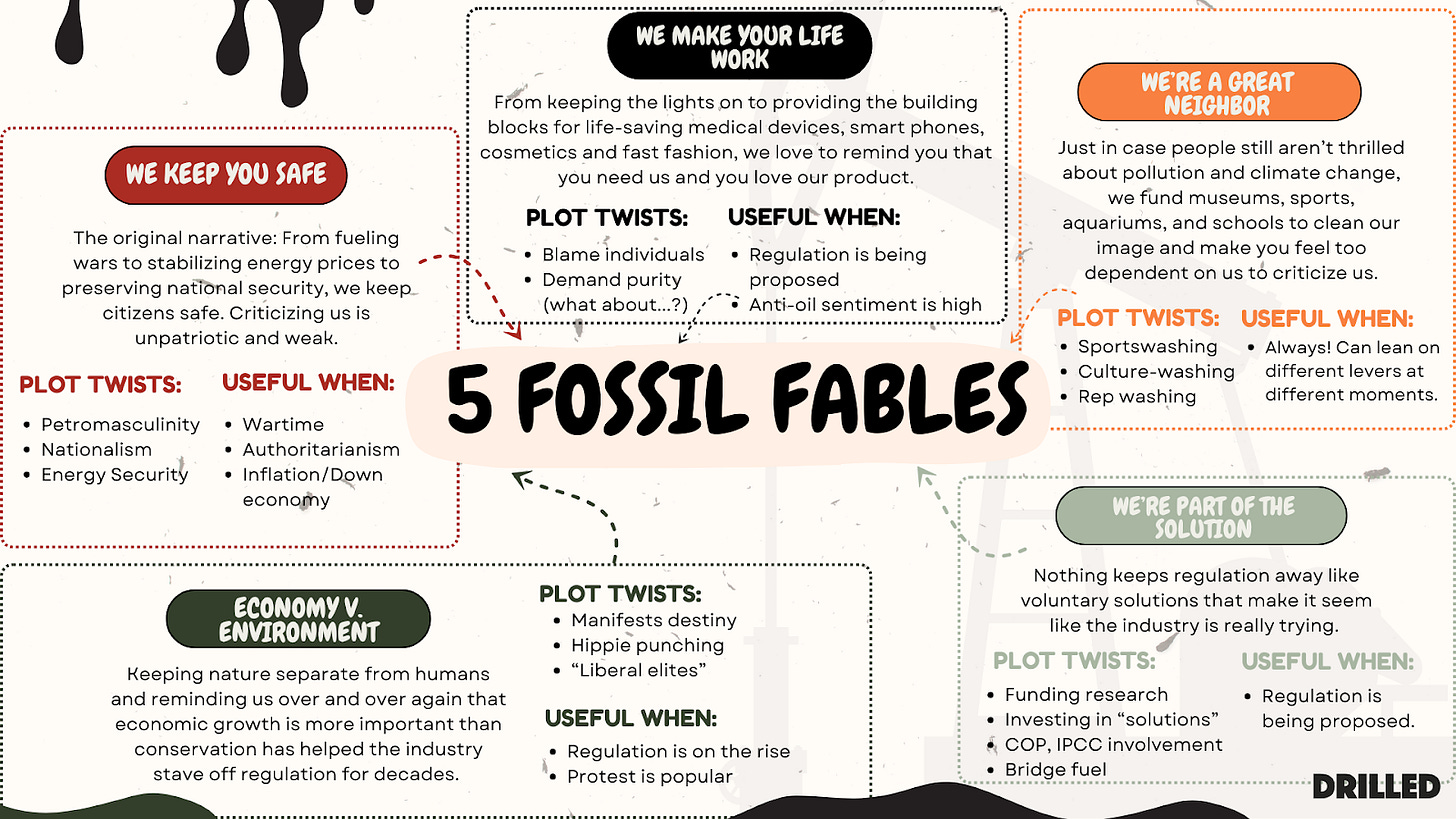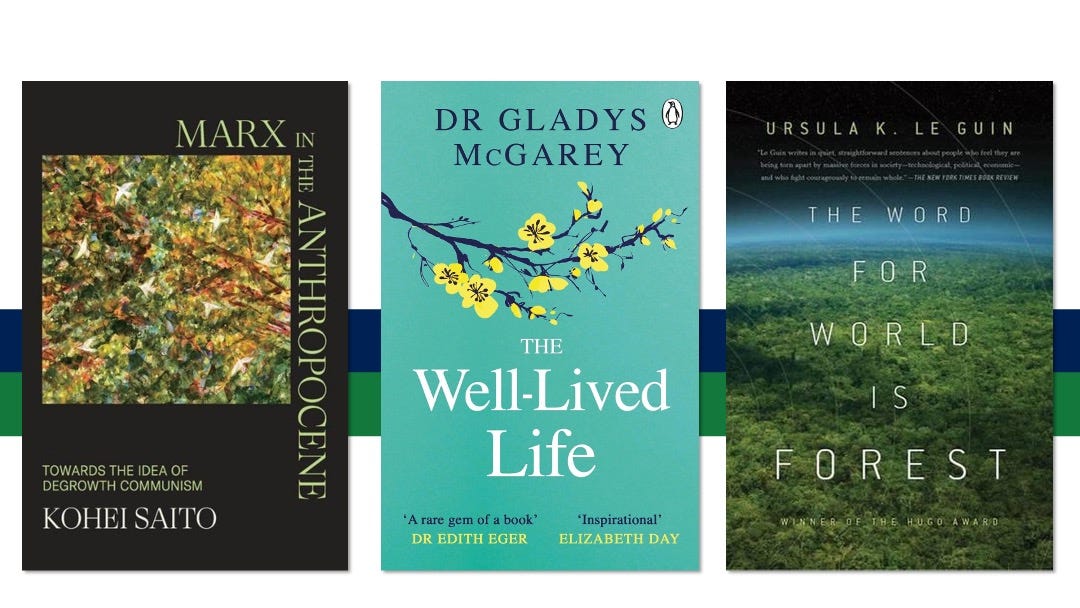This newsletter was prompted by the recent Drilled article The Fossil Fuel Industry hasn’t come up with a new story in 100 years - Why do climate folks find it so hard to keep up? In it the author includes a horrifying yet helpful playbook of the fossil fuel industry’s long-standing narrative patterns.
While there are many aspects of the fossil fuel industry playbook that I would reject emulating on moral grounds, it is useful to remember the power of repetition. A couple of recent studies (this pre-print manuscript and this June article from Current Opinion in Behavioral Science) serve as interesting reminders.
Emphasise the scientific consensus on climate to inform, not persuade. It can be hard to imagine if you are working on climate change every day, but emphasising the scientific consensus on human-caused climate change or making the link explicit between climate change and worsening impacts of natural disasters, continue to be points worth making. Research by Sander van der Linden at the University of Cambridge shows that public perceptions of scientific consensus are closely linked to private attitudes people hold about sustainability issues and those attitudes in turn predict support for public action. Raising awareness of the scientific consensus is therefore a “gateway” belief to public action. This applies globally. Importantly, the evidence suggests that emphasizing scientific consensus does not backfire along political lines, if it refrains from advertising or proposing any specific policies. There is even some promising research suggesting that encouraging audiences to apply a scientific reasoning lens themselves to the information they receive, can help inoculate them against conspiracy theories.
Identify and communicate the climate actions with the largest impact. Another aspect worth reiterating in communications are those climate actions that have the highest impact. Although climate change is a collective issue that requires a collective response—i.e. changing from coal or gas power plants to hydro or solar—individual actions can help. A pre-print manuscript written by Anthony Leiserowitz (and others) from the Yale Program on Climate Change Communication highlights that even people who care about and are interested in climate change overestimate the effectiveness of low-impact individual climate actions (e.g., recycling, buying locally-grown food) and underestimate high-impact behaviors (e.g., not using fossil fuels by buying clean electricity, taking electric public transport or flying less or not at all, reducing beef consumption). What is worse, this misperceived impact of climate actions influences people’s behaviour as they choose to take low-impact climate action, ultimately diminishing efforts to collectively take the high impact actions that do reduce greenhouse gas emissions. These misguided efforts are also a testament to the perniciousness and effectiveness of fossil fuel lobbying efforts to make consumers feel responsible for the climate change caused by the industry, while at the same time promoting less-impactful climate actions like recycling.
However, there is hope. Another recent piece of research shows that providing information about the relative mitigation potential of different climate-friendly behaviours helps people to recalibrate their understanding and increases their commitment to more impactful individual-level climate behaviors.
At the risk of repeating myself…
So good news for anyone experiencing a creative communications lull. There’s no shame in going back to basics, repeating what climate change looks like, what and who is causing it and what can be done. In fact, it is crucial for continuing to build a strong foundation for climate action, and now you have another few pieces of research at hand to show it.
📚 What we are reading
: Systemsturz / Marx in the Anthropocene by Kohei Saito, because who doesn’t love a bit of light summer reading.
: I am reading The Well-Lived Life by Gladys McGarey MD—a fascinating exploration of the experience and beliefs of the mother of US holistic medical thought. The key, according to Gladys, “find your juice’.
: Inspired by a wonderful Italian climate/culture newsletter, I read The word for World is Forest by Ursula K. Le Guin. There are two ways to describe this award winning short book: 1) a strong critique of colonialism, imperialism, and racism in a sci-fi vest, inspired by the author’s reaction to the Vietnam War; 2) the unacknowledged plot for the movie Avatar?!?






